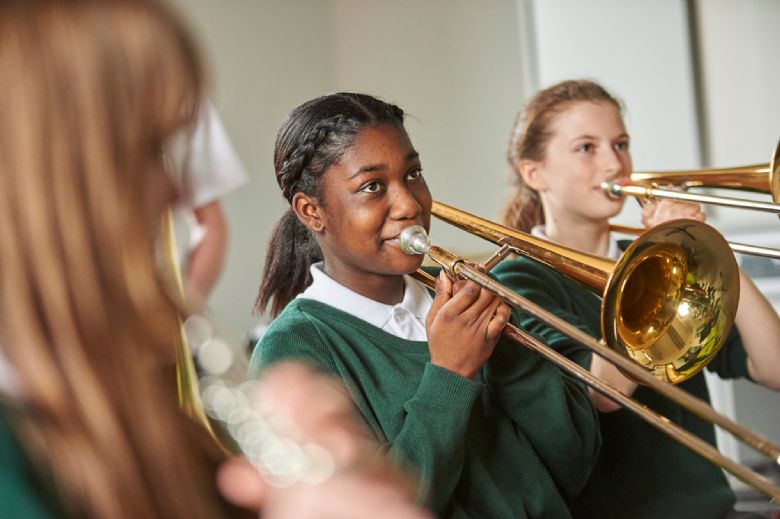Parents can play a crucial role in supporting their children’s learning. We have created some useful strategies and links to help you support your child with their studies.
The Importance of Reading
The importance of reading can not be emphasised enough.
For students who really dislike reading we recommend trying graphic novels, short newspaper articles, comics and magazines. Any reading is good reading - TV pages, comics, recipes, video game instructions.
More reading tips:
- Try to match books to your child's interests level of reading. Harry Potter is far too difficult for an emergent reader.
- Move from your child's strengths. If they are good at fishing then look for fishing books. They will be familiar with the terms and find it easier to read.
- Self confidence as a reader is very important, which means you have to give lots and lots of praise and make it enjoyable (even when they are being very annoying!).
- Chat about what they have read. This will improve their vocabulary.
- Use the Internet. The Newsround website is an excellent way to broaden their knowledge of current affairs and news stories around the world.
- Audio books and podcasts are an excellent way of sharing a book with your child and broadening their world knowledge. It's really important to explore your child's interests so they are motivated to read. Reading broadens your child's vocabulary and understanding of the world.
- Reading aloud isn't just for young children, it's important to do this with your teenagers too.

Why I read Aloud to my Teenagers - Meghan Cox Gurdon
How can I support my child reading (British Dyslexia)
Vocabulary
Helping your Child Build a Stro ng Vocabulary
ng Vocabulary
Build a strong vocabulary base at home to support your child's learning.
This is a useful page for parents, providing tips on how to support your child's vocabulary development at home. Broadening your child's vocabulary will support your child's literacy development and support their learning in school.
As the page correctly states. "typically, a child needs to hear a new word 4 to 12 times before it is added to their vocabulary."
Think about Brexit and how many new words needed to be understood to understand what was going on. Did you know what 'proroguing' was before Brexit? Newsround gives a good guide for all the language that had to be understood, to truly understand the topic:
Read with your children, discuss new words together and make a note of them, revisit and talk about them with your children. Learning new words can be fun.
The Frayer Method

The Frayer method is an excellent tool to broaden vocabulary. It is a simple but effective model to help students to organise their understanding of a new academic term or complex vocabulary choice.
Very easy to use at home. Give it a go! Remember to back up with lots of reinforcement and repetition, make flashcards, talk about new vocabulary and try to use in conversations at home.
Spelling
Does your child have difficulty with spelling? Use the principles of dyslexia teaching to improve their spellings. Practice spellings at home using multi-sensory methods ensuring learning is sequential and cumulative, 'overlearn' words to establish automaticity.

Word Wasp is an evidenced based resource that can be used at home to improve your child’s spelling. Again the key to effective intervention is to deliver a programme that is multi-sensory, phonetic, cumulative and delivered on a little and often basis. Word Wasp does all of these extremely effectively and has been proven to work. It is, however, rather dry.
Try doing 5-10 minutes a day with your child. It is really important you read the instructions and you follow the exercises systematically. Don’t skip exercises because you think it is too easy for your child, or you haven’t got a pen to hand. The exercises build up the students’ phonological awareness, supporting them to segment and blend sounds. It works! Try it!

A mnemonic - or mnemonic device - can help students remember important facts and principles. It's also handy with spellings! Once you know there's a 'rat' in 'separate' you will never misspell it again.

This book has lots of visual hooks, that could help your child remember tricky spellings: 200 Tricky Spellings in Cartoons

